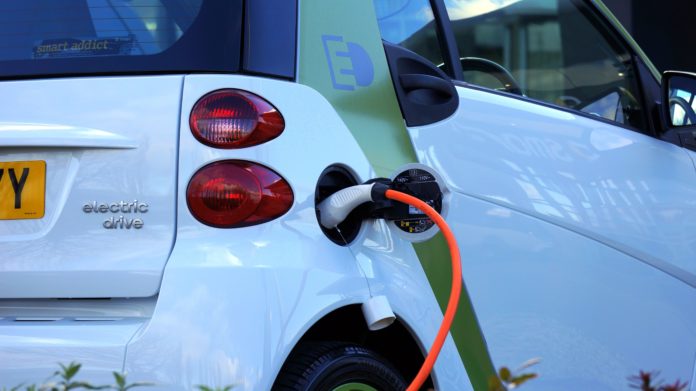
What’s the future of the electric/hybrid vehicle tax credit? Should we keep it and continue it? Implement a new one? Or do away with it altogether? In Congress, the answer to that depends on whom you ask.
Last week, Senator Dean Heller (R-NV) proposed legislation that would lift the current cap of 200,000 on electric vehicles eligible for the $7,500 tax credit. Reuters obtained a copy of the text of the previously unreported bill, which has not been posted on the Senate web site. The cap is in place under current law, and dictates that once a vehicle manufacturer hits 200,000 EVs sold, the credit begins to phase out. (Tesla reached the 200,000 mark in July, and GM says it expects to reach the threshold by the end of the year.) The bill introduced by Heller would lift the individual manufacturer cap, but it would eliminate the credit for the entire industry by 2020.
Senator Heller isn’t the only one with the EV tax credit on his mind. Senator John Barrasso (R-WY), who chairs the Senate Environment and Public Works Committee, has proposed legislation that would end the EV tax credit entirely and impose a new tax on EVs to fund highway repairs. His bill, S.3559, has received very little backing from colleagues.
Others in Congress have different ideas for the future of EVs. Last month, seven Democratic senators introduced a bill (H.R. 6274) that would eliminate the EV cap and extend the tax credit for 10 years. It would also allow buyers to use the tax credit as a “point of sale rebate.”
Vehicle manufacturers are mixed in their opinions of what should be done with the EV tax credit. Both GM and Tesla have lobbied Congress to continue the credit, according to federal disclosure reports and interviews with lawmakers. While Tesla declined to comment on the current proposed legislation, GM issued a statement that it’s important “to provide a federal tax credit for consumers to help make electric vehicles more affordable for all customers.” GM Chief Executive Mary Barra has voiced support for lifting the cap.












